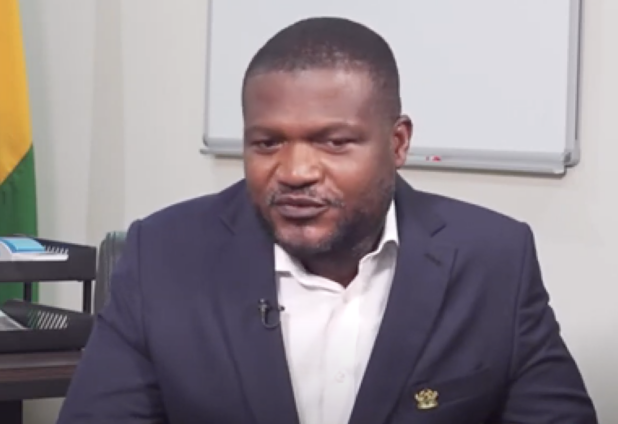No More Forever Deals: Ghana Reclaims Mineral Ownership with Damang Mine Takeover
In a decisive move symbolizing Ghana's renewed push for indigenous control over its natural resources, the government has refused to renew the 30-year mining lease for Gold Fields’ Damang mine. This bold step signals the end of what authorities describe as “neo-colonial†mining agreements that have persisted for decades without delivering tangible benefits to Ghanaians.
Speaking on PM Express Business Edition on Joy News, Deputy CEO of the Minerals Commission, Isaac Andrews Tandoh, asserted that mining concessions should not be indefinite. “Thirty years is enough,†he said firmly, emphasizing that agreements designed to benefit foreign investors over long periods must now be reconsidered in light of Ghana’s development goals.
Tandoh clarified that this policy shift does not equate to nationalization, unlike strategies adopted by neighboring Burkina Faso and Mali. Rather, the focus is on indigenization—ensuring that Ghanaians enjoy direct and long-term benefits from the country’s mineral wealth.
The decision to block the Damang lease renewal follows a thorough review by the Ministry of Lands and Natural Resources. It underscores a broader governmental initiative aimed at asserting greater national ownership in the mining sector and creating more opportunities for local participation.
“This isn’t about hostility toward foreign investors,†Tandoh explained. “We still welcome investment, but it must be structured to serve Ghana’s interests too. If a company has made substantial profits for 30 years, then it’s time to sit down and talk about how we can make it more beneficial for Ghanaians.â€
He pointed out that the previous era of agreements allowed multinationals to extract wealth with minimal reinvestment in local communities. “We’re not just talking numbers on paper. We want to see real improvements—in jobs, infrastructure, and local ownership.â€
The Damang case, Tandoh indicated, is just the beginning. The Commission is now auditing all mining leases nearing expiration. While companies that have delivered value may be considered for renewal, others will face scrutiny. If it’s determined that the Ghanaian people have not received a fair share, decisive action will be taken.
Public sentiment in the affected areas appears to support the government’s move. Youth groups in Damang have expressed frustration over three decades of unfulfilled promises and lack of development. Many residents have welcomed the shift, calling for greater local ownership and accountability in the mining industry.
Tandoh stressed that this isn’t a blanket rejection of all mining companies. Instead, it’s a call for fairness and responsibility. “We’re not chasing investors out,†he reiterated. “But the era of one-sided, perpetual agreements is over.â€
This landmark decision marks a new chapter in Ghana’s resource governance—a chapter focused on equity, sustainability, and national interest. As more leases come under review, the Minerals Commission aims to ensure that the country’s vast mineral wealth is harnessed not just for profit, but for the empowerment of its people.
Source: Abubakar Ibrahim, MyJoyOnline.com




No comments yet
Be the first to share your thoughts!